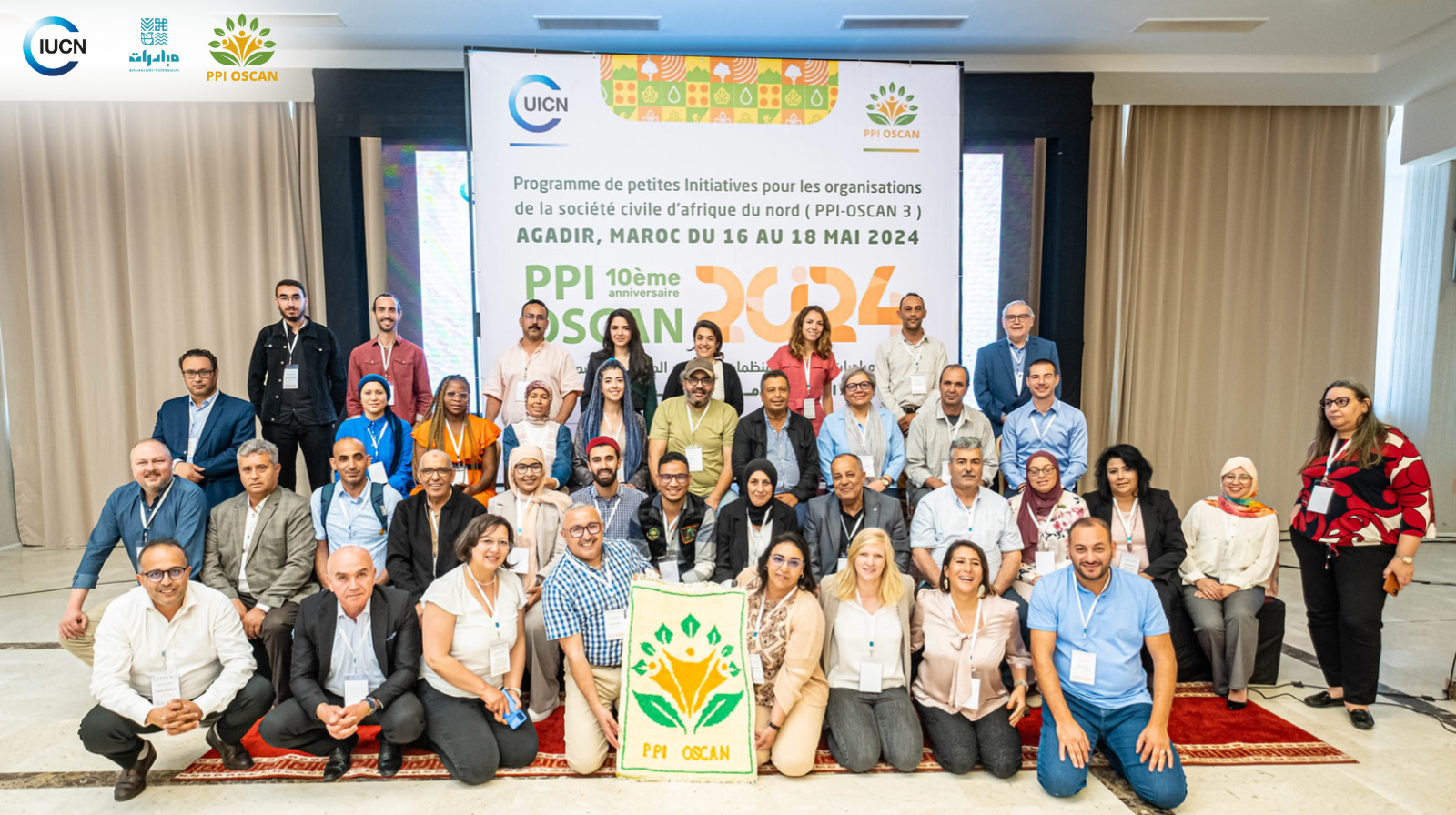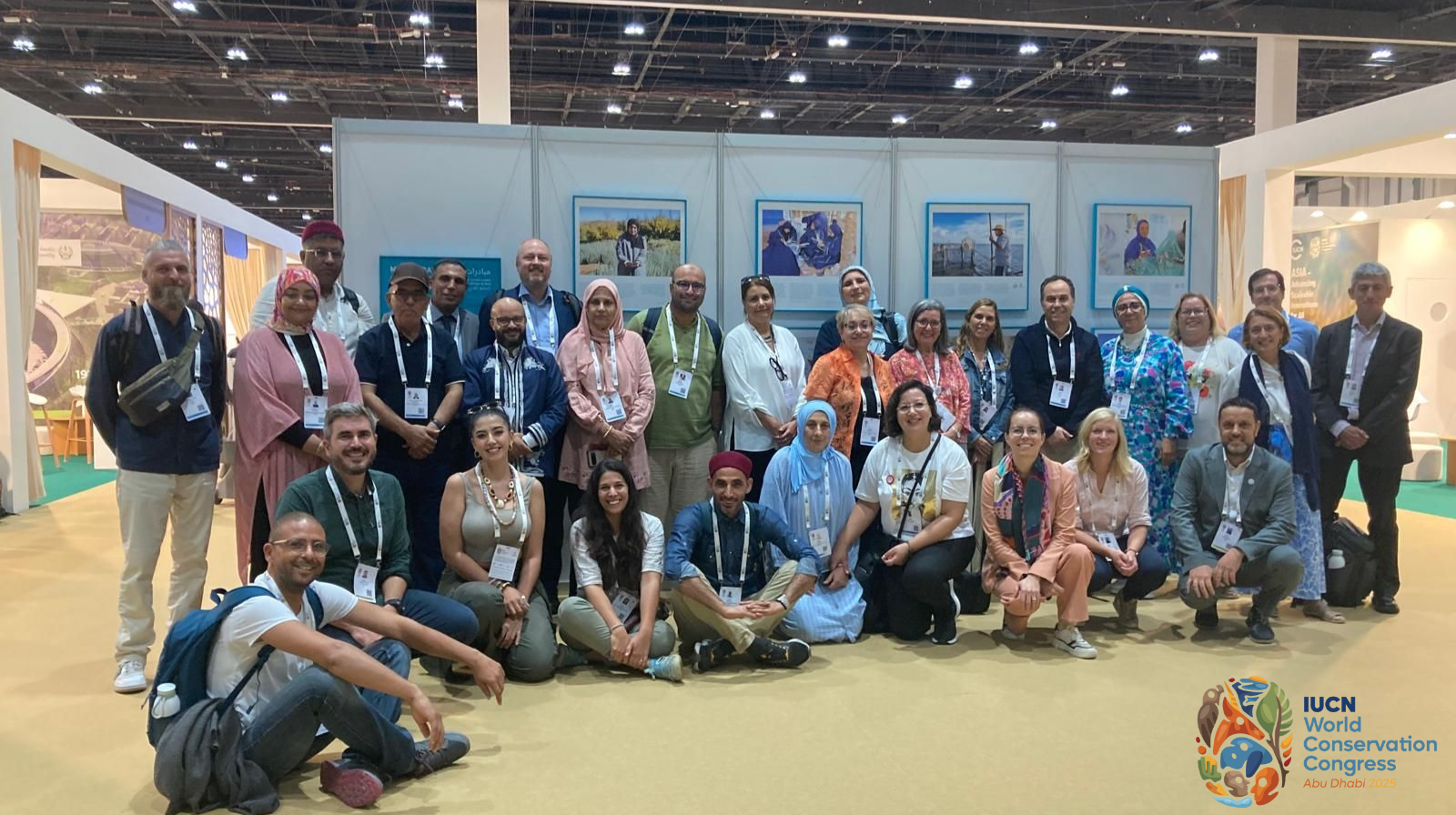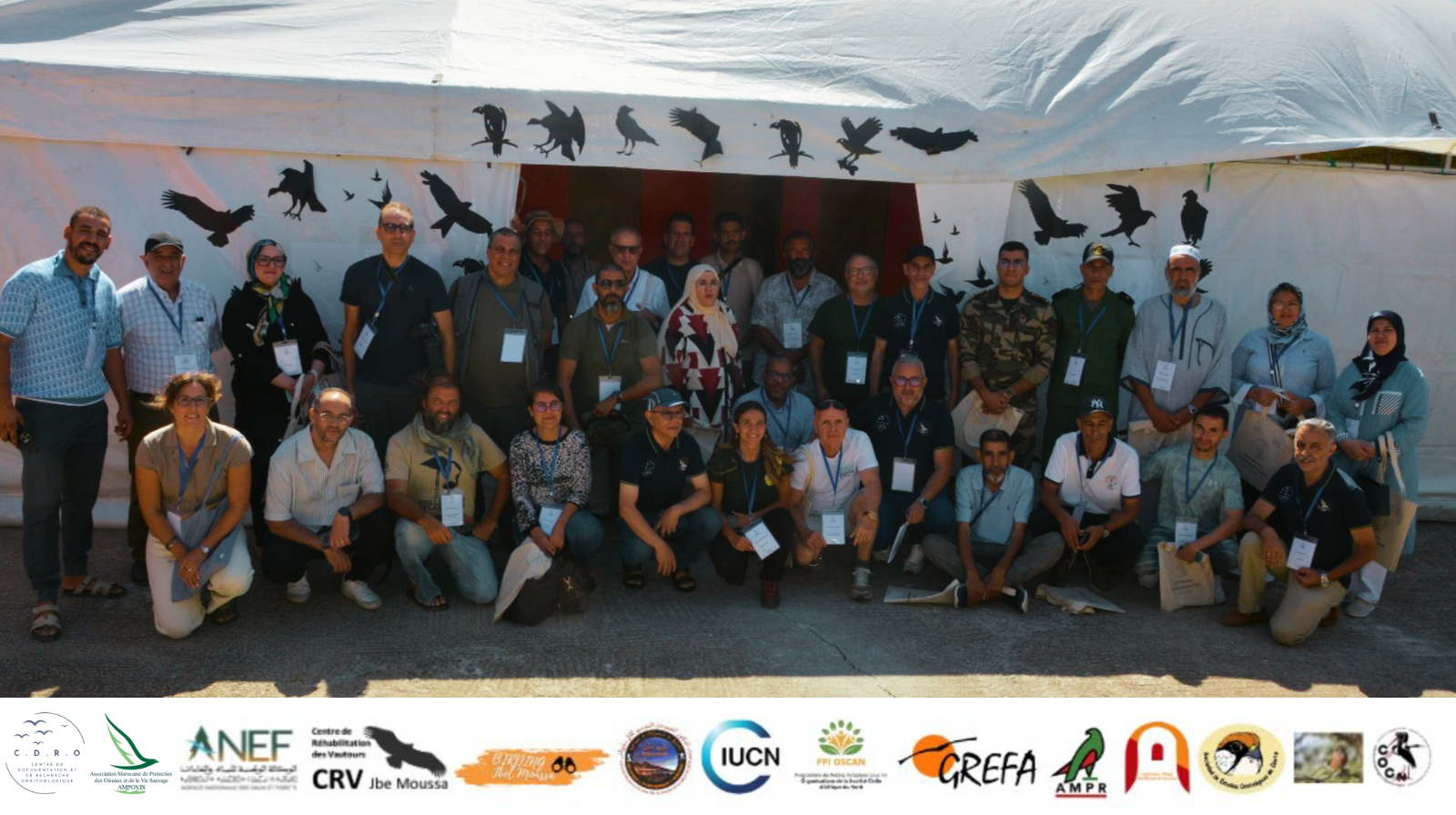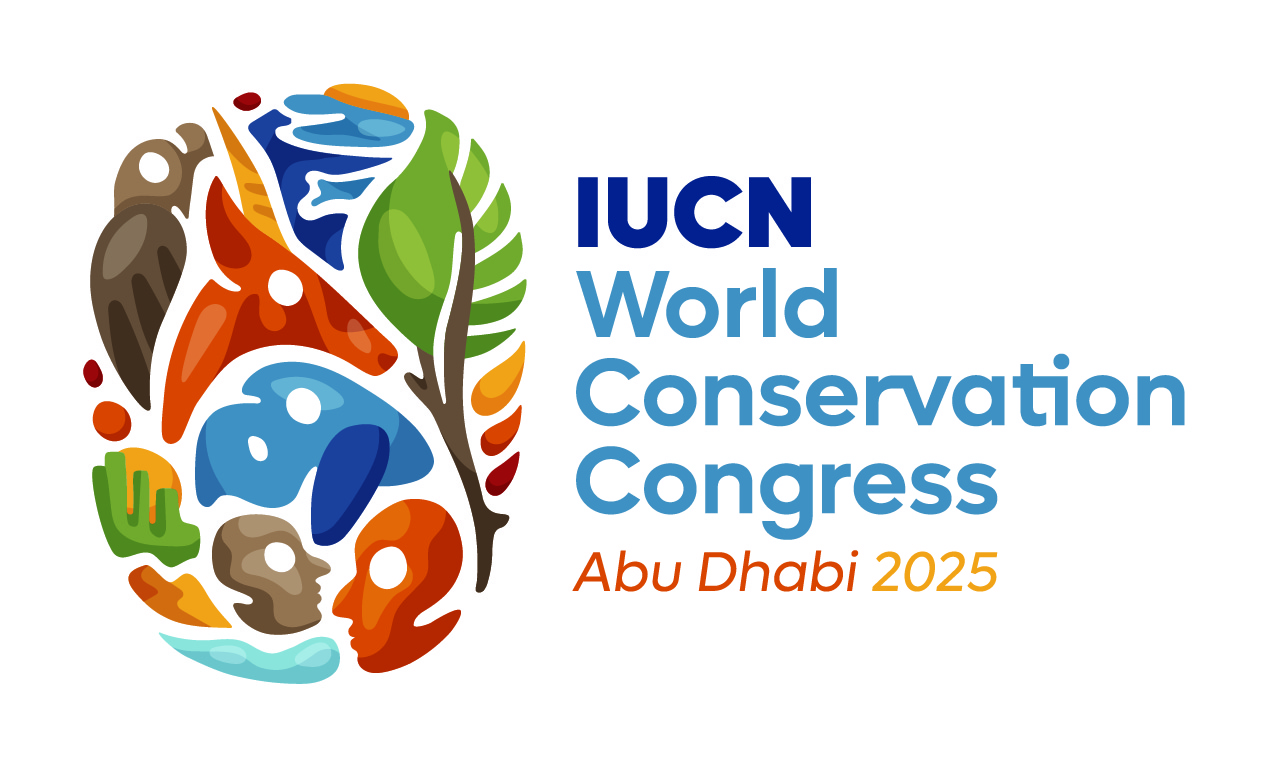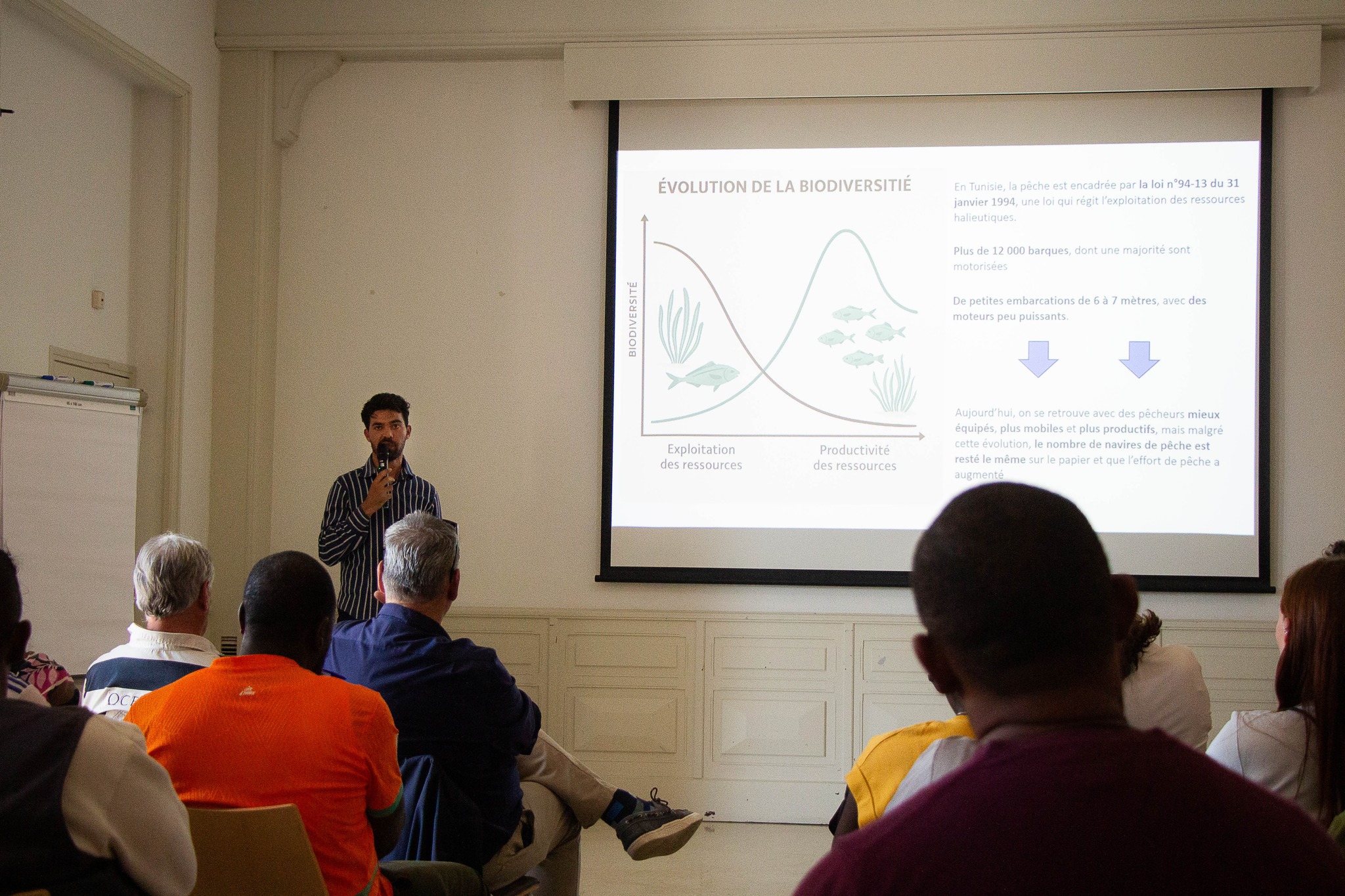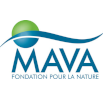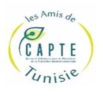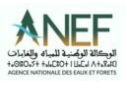Capacity building
To evolve towards sustainability and professional development.
OPERATIONAL CAPACITIES AND ORGANIZATION
The CSOs participating in the PPI-OSCAN and TransCap programmes receive significant support to develop their operational and organizational capacities, helping them evolve towards sustainability and professional development.
TRAINING AND ACTIVITIES
Bespoke training and activities are organized to consolidate the structures, technical and financial expertise, and coordination with the action of public bodies.
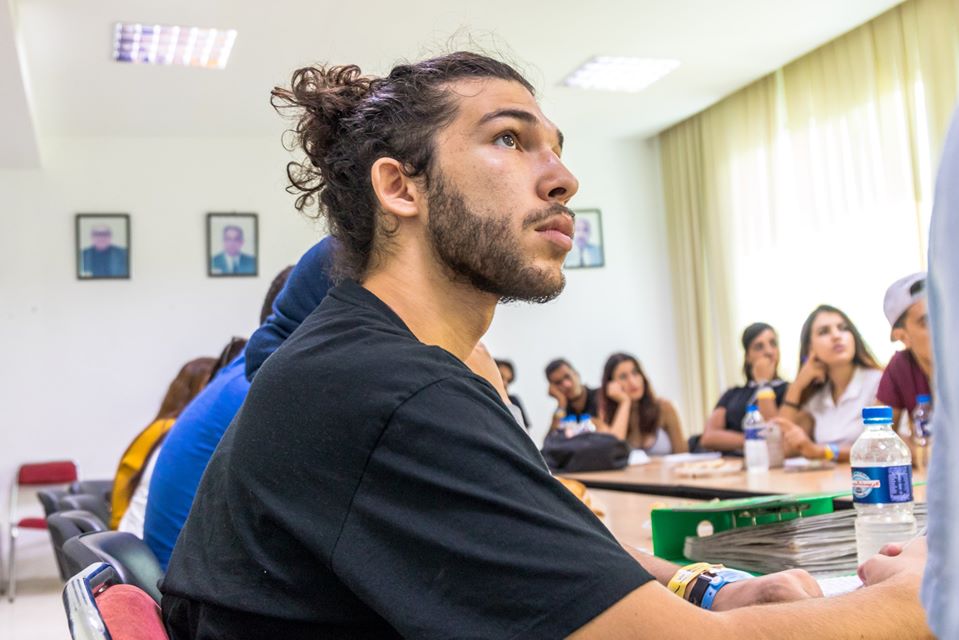
Materials
ONLINE COURSES
IUCN-Med has also developed two online courses as additional support to Civil Society Organizations to consolidate their structure and support their growth over time. These courses will be available shortly on the IUCN Academy Platform for the programmes’ recipient organizations in North Africa:
- Effective communication for Civil Society Organizations
- Financing strategy for Civil Society Organizations
NEWS
Closure of the PPI OSCAN 3 : four years that have strengthened a new generation of conservation actors in North Africa The third phase of the PPI OSCAN is coming to an end after four years of intense work that has profoundly transformed the landscape of environmental civil society in North Africa. ...
Civil society at the heart of conservation: MUBADARAT at the IUCN World Conservation Congress Every four years, the IUCN World Conservation Congress brings together thousands of organisations, scientists, decision-makers, and communities to define the broad outlines of conservation at the international level. It is a unique moment when local voices meet global ...
The Jbel Moussa Bird Fair 2025: A Strategic Hub for Raptor Conservation in Morocco The 2025 edition of the Jbel Moussa Bird Fair has established itself as a major event for biodiversity, successfully bringing together Moroccan and foreign researchers, birdwatchers, and key representatives from the conservation sector. The event was marked by ...
From 23 to 25 September 2025, Zaragoza hosted the second of a series of six training courses for civil society organizations (CSOs), organised under Mubadarat, the IUCN Med platform for support to civil society in the Mediterranean, in cooperation with the Spanish Agency for International Cooperation for Development (AECID). This cycle aims ...
Context The IUCN World Conservation Congress will be held in Abu Dhabi in October 2025. This major event brings together governments, scientists, civil society organizations (CSOs), and the private sector around biodiversity conservation and sustainable development issues. In this context, the Mubadarat programme to support civil society, implemented by IUCN Med, is ...
As part of its ongoing commitment to environmental conservation, the Mubadarat network actively supports its beneficiaries through training and regional exchanges. It is with this in mind that the association Notre Grand Bleu, a beneficiary of the TransCap – Phase 3 program, recently took part in the COGICO training cycle (COGestion and ...
TESTIMONIALS
"It’s very important to increase cooperation with the southern shores of the Mediterranean. We share numerous challenges and urgent problems, and it’s ...
"Having a network of members with the necessary capacities, tools and resources will be invaluable to help countries achieve conservation goals ...
"There’s growing awareness, and growing assurance, among communities. That comes from having such a successful programme, which isn’t imposed from the outside ...
"In financing these programmes, the MAVA Foundation is investing in the future. We think that supporting small organizations is essential: they have ...
"With PPI-OSCAN, we’ve opened up new avenues and our environmental corridors project was highlighted by IUCN as an example of a ...
"Its approach to providing support is innovative because it engages young NGOs in nature conservation. It contributes to conservation projects and works ...
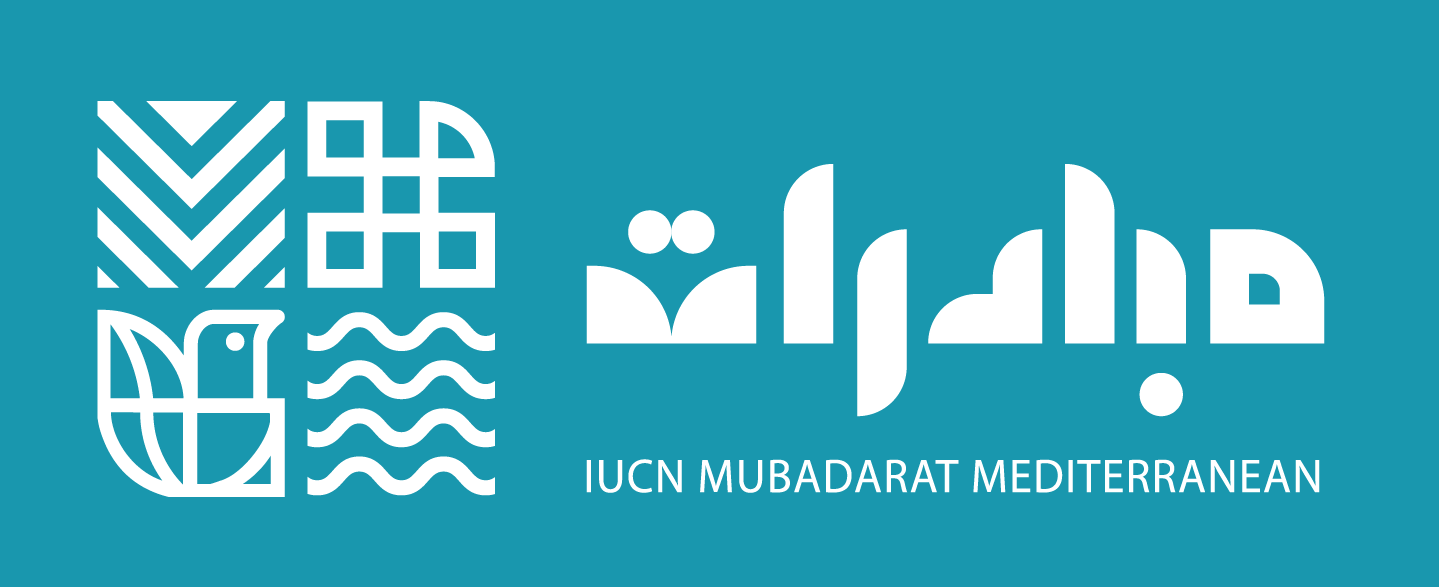
Platform promoting civil society’s role in biodiversity protection and action against the effects of climate change. Developed by IUCN (International Union for Conservation of Nature, Centre for Mediterranean Cooperation).
